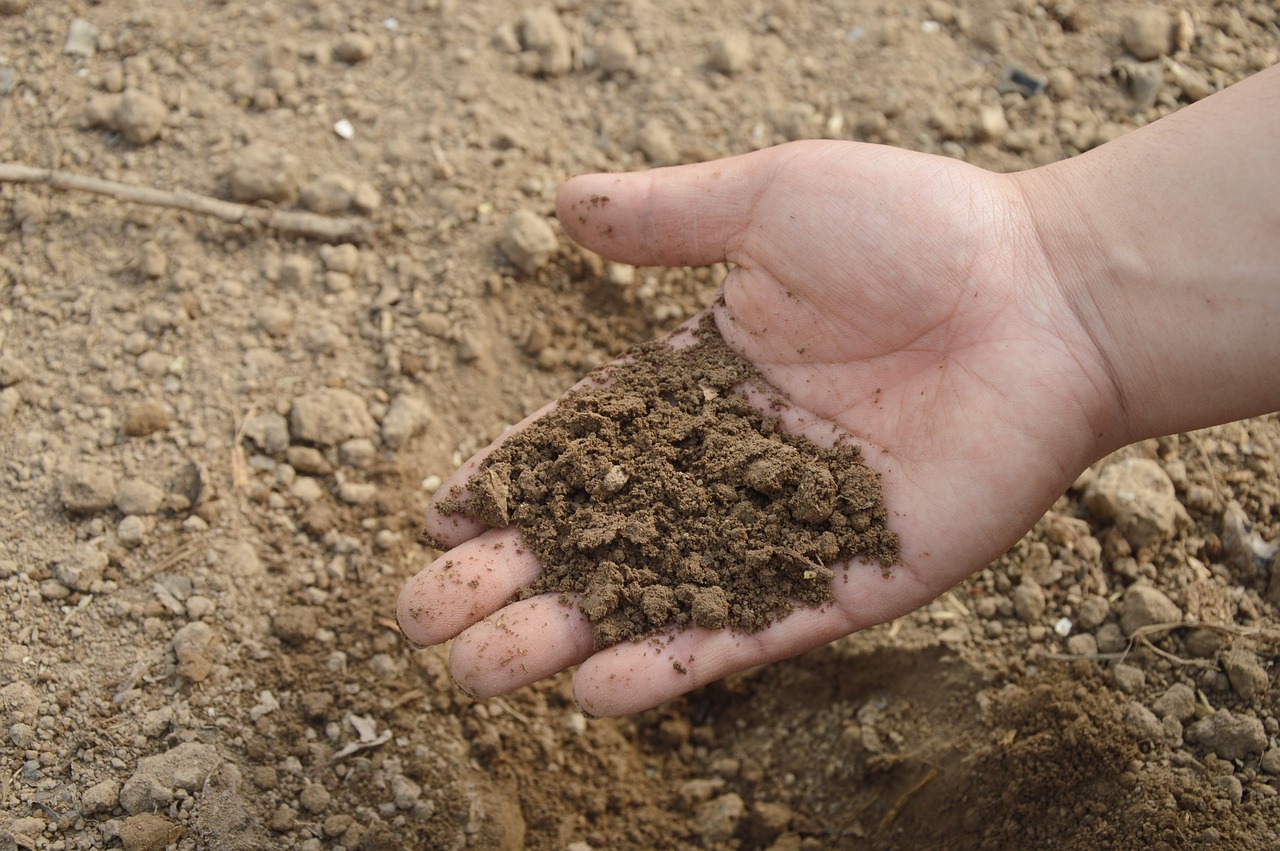NEW
NEIKER presents plant to transform organic waste into high-quality fertiliser
11 December 2014NEIKER presents plant to transform organic waste into high-quality fertiliser
The Basque Institute for Agricultural Research and Development, NEIKER-Tecnalia, a non-profit making public enterprise which depends on the Vice-Ministry for Agriculture, Fisheries and Food Policy of the Basque Government, has presented a pilot plant for transforming the organic material produced by biogas plants into high, added value fertilisers.
Thus, closing the cycle of this organic material in this way is achieved without generating waste, at the same time as providing for a market outlet. The installation is located on the agricultural land of NEIKER-Tecnalia in Arkaute (in the Basque province of Alava), with a budget of 1.8 million euros, provided by the European Union within the remit of a CIP-Ecoinnovation project, as well as by the four participating bodies in the initiative: NEIKER-Tecnalia, Ekonek Innovation in Product Enhancement, the Blue Agro agricultural technological company (based in Donostia-San Sebastian in the Basque province of Gipuzkoa), and the Dutch Colsen company.
The raw material for this innovative treatment plant is digestate; i.e. the organic matter from biogas plants after a process of anaerobic digestion (the end-product being biogas). The result is a wide range of high-quality bio-fertilisers in different formats, one of which is microgranules of between 0.5 and 1.5 millimetres diameter, and which achieve production levels equivalent to conventional ones, but requiring about ten times fewer fertiliser doses.
The advantages of this fertiliser from NEIKER-Tecnalia are based on the fact that it is a product that involves fewer doses than with the traditional fertilisers and releases its nutrients slowly, which means a lower impact on the environment. It turns out to be a product highly appropriate to be used for high added value crops and surfaces, such as sports lawns, ornamental crops and especially delicate agricultural crops.
The new fertilisers present a balanced level of NPK (Nitrogen, Phosphorous and Potassium). Fertilisers with low NPK values and high organic matter content can be obtained (9 parts Nitrogen and 2 each of Phosphorous and Potassium, and 70% of organic matter); to high NPK values (11 parts Nitrogen, 15 Phosphorous and 11 Potassium) and a low 20% of organic matter.
The fertilisers developed by NEIKER-Tecnalia have the advantage of having slow release, making them especially suitable for gardening, sports fields, horticulture and ecological agriculture. Their microgranule format enables them to be applied at the same time as sowing seed. This favours the fertiliser being perfectly locatable and the full exploitation thereof from the moment of germination, enabling a drastic reduction in the doses of fertiliser required.
From digestate to commercial fertiliser
The process of transformation of the digestate into the commercial fertiliser, designed by EKONEK, has two basic steps. Firstly, the digestate is mixed with other organic waste and mineral fertilisers with the aim of adjusting the NPK levels to commercial values. In second place, the mix resulting from the first step, of a thick liquid consistency, is placed into a dryer with a current of hot air that dries the matter and transforms it into high-quality microgranules, free of cracks and dust. Obtaining a product in small granule form has important advantages in transport, storage and practical use.
The experts at NEIKER-Tecnalia have analysed the commercial viability of this product and concluded that it could be marketed at a price of between 100 and 500 euros per ton, depending on the type of fertiliser. This selling price would enable attractive periods of return on investment The current plant has a capacity of producing some 50 kg/h of fertiliser, although the experts calculate that a large-scale installation could treat some 28,000 tons of digestate annually, that would result in 9,200 tons of fertiliser.
With the Arkaute pilot plant, NEIKER-Tecnalia aims to provide solutions to the agricultural sector that are respectful to the environment and, at the same time, are economically viable. In this case, a marketing solution is provided for the digestate produced in biogas plants, a material that has often been considered to be waste and treated as such.
Partners in the project
The Ekonek company, in conjunction with NEIKER-Tecnalia, was charged with constructing the pilot plant on the experimental agricultural land that the technological centre possesses in Arkaute (Alava). The Dutch Colsen company has provided the material resulting from a number of biogas plants, subsequent to the process of anaerobic digestion of organic products. NEIKER-Tecnalia and Blue Agro have jointly designed the final and ideal formula of the fertiliser. The technological centre has formulated the product from the perspective of agricultural performance and Blue Agro had responsibility for developing its commercial viability.



